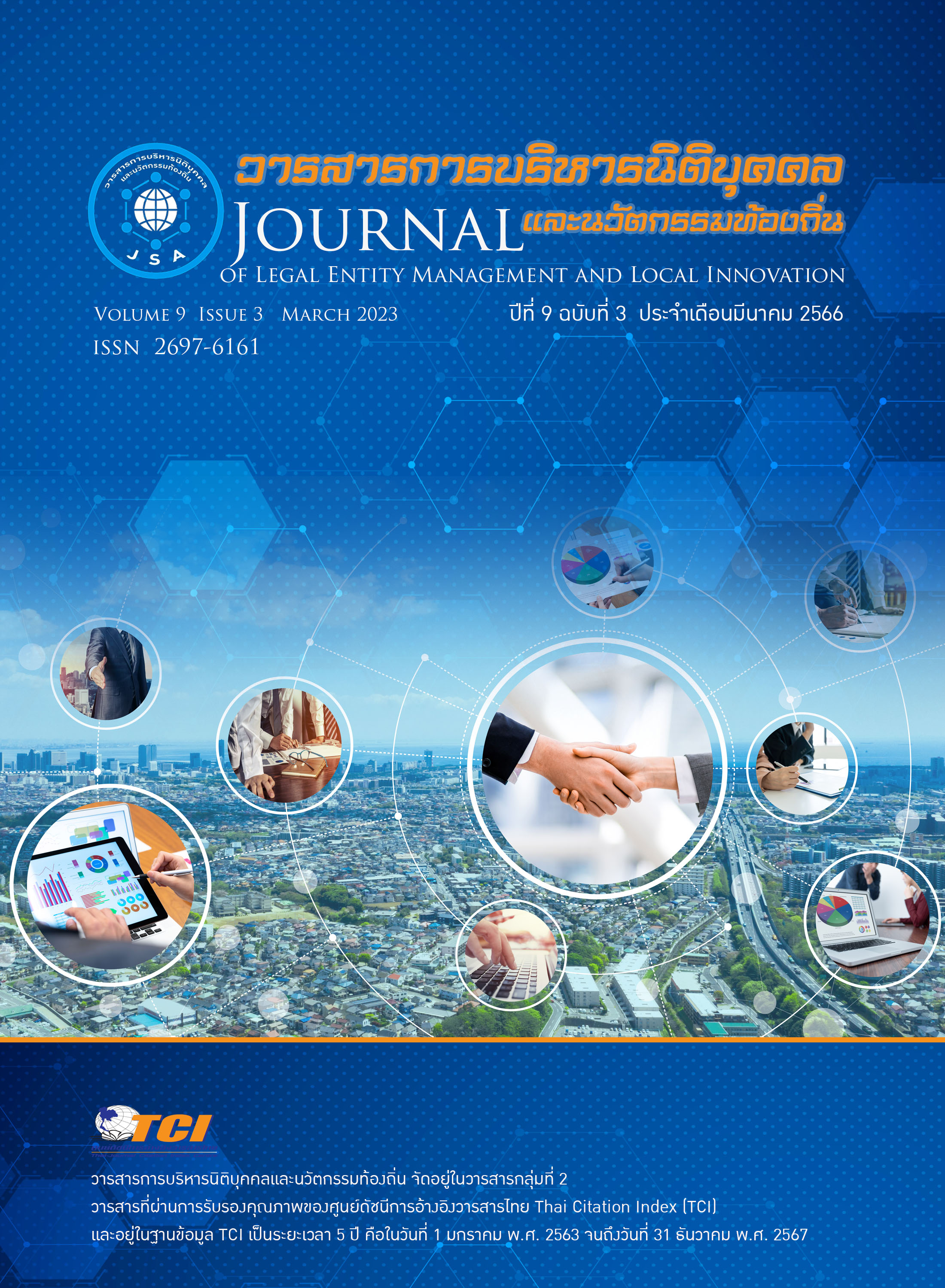The Study of Mathematical Problem Solving Ability and Learning Achievement of Prathomsuksa Six Students on Decimals by Using Model-Eliciting Activities (MEAs)
Keywords:
Problem Solving Ability, Learning Achievement, Model-Eliciting Activities (MEAs)Abstract
The purposes of this research were 1) to study characteristics of learning activities by using Model-Eliciting Activities (MEAs) for learning development on decimal 2) to study mathematical problem solving ability on decimal and 3) to study mathematics learning achievement on decimal. The sample in this research was 37 Prathomsuksa six students of one classroom at Anubanbanna (Watchang) School in the second semester of the academic year 2021 that was selected by cluster random sampling from 3 classroom. The instruments for data collection consisted of mathematics lesson plans on Decimal by using Model-Eliciting Activities (MEAs), mathematical problem solving ability test and a test to measure the achievement of mathematics. Percentage, mean, standard deviation, and t-test were used for analyzing data and presented by table, chart and descriptions. The research findings revealed that 1) learning activities by using Model-Eliciting Activities (MEAs) consisted of six principles were the Model Construction Principle, the Reality Principle, the Self-Assessment Principle, the Model Documentation Principle, the Construct Share-Ability and Re-Usability Principle, and the Effective Prototype Principle. 2) the students had mathematical problem solving ability after learning was higher than 60% at the .05 level of significance and 3) the students had mathematics learning achievement after learning higher than before learning and higher than 60% at the .05 level of significance.


